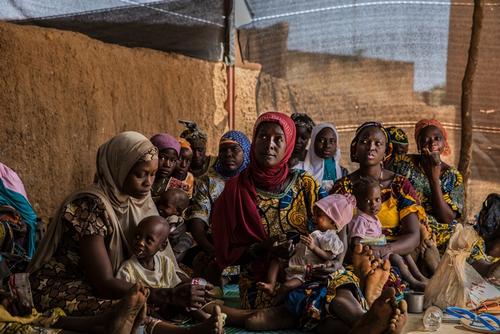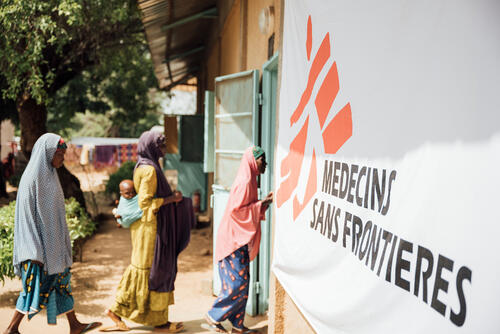Niger, Burkina Faso, and Mali share a border region in the central Sahel where state and non-state groups operate against a backdrop of high poverty, climate change, and increased competition for dwindling resources. Some 700,000 forcibly displaced people live in Niger, according to UNHCR.
MSF is supporting the Ministry of Health in many of the country’s departments to respond to people’s ongoing, and emerging, needs.
Why we're here

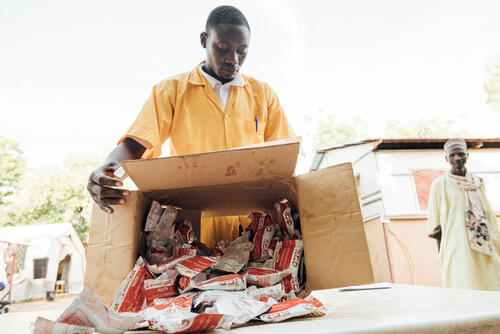
MSF teams have been present in the Zinder region since 2005 to assist in addressing a chronic malnutrition crisis. We are working with the Ministry of Health to treat children under five years old in outpatient and inpatient therapeutic feeding facilities, as well as through community-led programmes that see community members trained in referring severe cases to health centres, and mothers trained in the early detection of malnutrition. In Madaoua, our nutrition project is working to support people through a sharp increase in the price of cereals, caused in part by a ban on cereal imports from Burkina Faso and the indirect effects of the war in Ukraine. During the peak season for malaria and malnutrition in Diffa, MSF reinforces it support to the Ministry of Health by carrying out community awareness raising, referral activities, and early treatment.

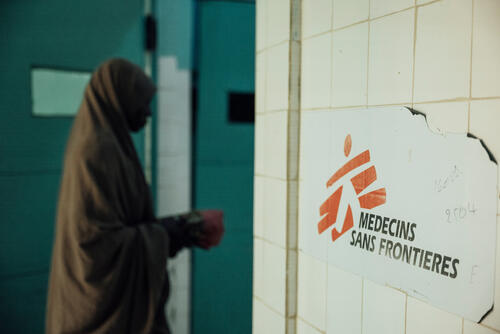
In Madaoua and Guidan Roumdji health districts, MSF teams have the objective or reducing morbidity and mortality among children aged one to 59 months. Since 2021, we have been working on malaria, malnutrition, and measles in Madaoua. And in 2022, we began supporting the Ministry of Health at the Madaoua district hospital with paediatic services. In Diffa, we treat obstetric emergencies and survivors of sexual violence at the Diffa regional mother and child health centre, where a 30-bed neonatology unit was built in 2023. We also work in the mother and child health centre in Tillabéri, where we treat complicated maternal and paediatric cases free of charge for communities that are impacted by violence from armed groups.

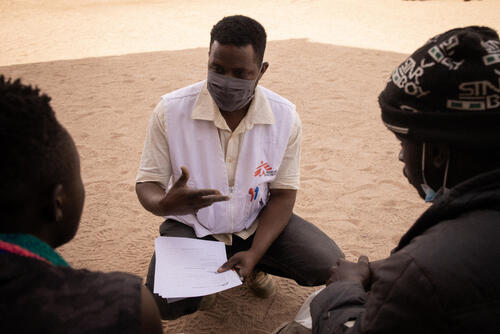
In Torodi, which is on the border with Burkina Faso and Mali, a volatile situation is compromising people’s access to healthcare. There, we are supporting both indigenous and displaced peoples through vaccination, nutrition screening, mental health support, and health promotion activities. In Diffa region, which is on the border with Nigeria, armed groups cause violence, tension, and displacement. We have been providing basic and specialised health care in the health districts of Bosso, Diffa, and N’guigmi since 2015 to support refugees, internally displaced people, local communities, and returnees. MSF’s work in the region of Agadez supports migrants crossing the desert in northern Niger, as well as migrants who have been expelled from Algeria. We are providing mental health support and running mobile clinics to ensure a continuity of care along the migration route.

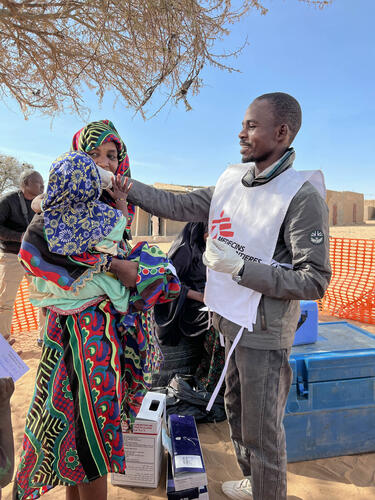
MSF is responding to epidemics across Niger. In 2023, this included responding to outbreaks of diphtheria in Madaoua, Guidan Roumdji, and Magaria. We set up a 20-bed facility for treatment in Madaoua and a 10-bed facility in Guidan Roumdji. In Maradi, we are contributing to the prevention of cholera and other waterborne diseases through our water, sanitation, and hygiene project. Through this project, which covered 24 villages, we rehabilitated 18 hand pumps for water.
Our activities in 2023 in Niger
Data and information from the International Activity Report 2023.
1,729
1,729
€45.4 M
45.4M
1985
1985
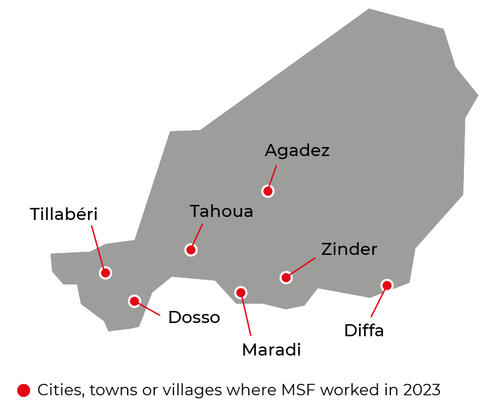

1,012,700
1,012,7
410,200
410,2
132,800
132,8

49,700
49,7
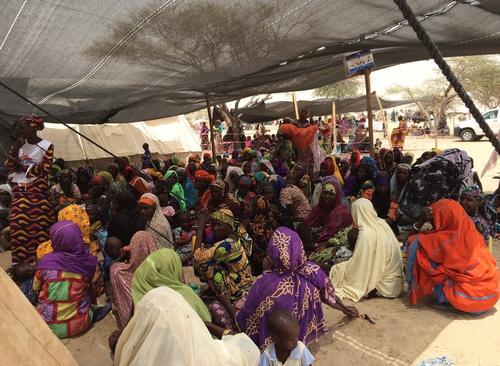
Testimony of Falmatou, a Nigerian refugee in Niger
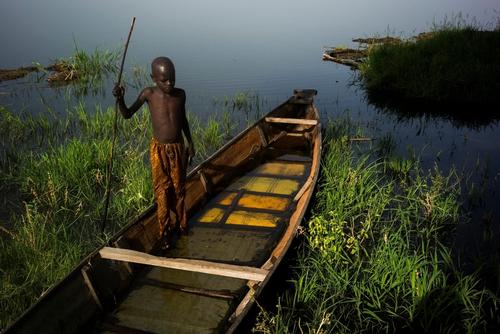
Lake Chad crisis update: Trapped in deadly violence
MSF's study in Niger shows no significant benefit from routine use of antibiotics in malnourished children
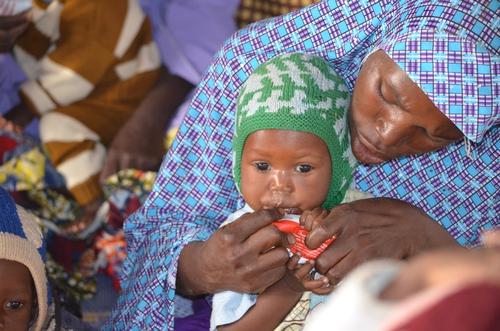
MSF treats malaria cases in Dan Issa, southern Niger
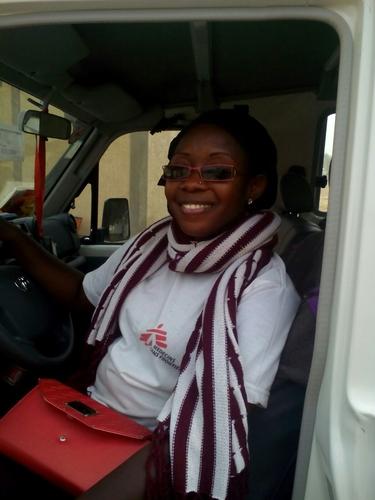
“Today, Nigeriens know that their children can recover from malnutrition”
